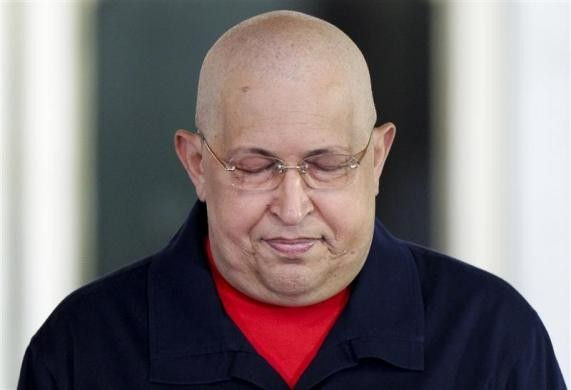After Making Cuba A Friend, US Makes Venezuela An Enemy: Calls It A Security Threat And Sanctions Its Officials

The United States has declared oil rich Latin American nation Venezuela, a national security threat and ordered sanctions against seven of its officials, which include denial of visa and freezing of assets.
However, the Executive Order signed and issued by President Barack Obama does not target Venezuela's energy sector or its broader economy. But the move has stoked fresh tensions between Washington and the energy rich country, soon after the U.S. emded its ties with Cuba, another foe in Latin America and a key ally of Venezuela.
The sanctioned individuals include Gustavo Gonzalez, head of state intelligence service, Manuel Perez, director of the national police and Justo Noguero, who runs state mining firm CVG. The list also includes three other military officers and a state prosecutor.
Toppling Alleged
In his reaction, Venezuealan President Nicolas Maduro denounced the U.S. sanctions and called it an attempt to topple his Government. Maduro accused Obama of "imperialist arrogance" similar to his predecessors Richard Nixon and George W. Bush. "President Barack Obama ... has personally decided to take on the task of defeating my government and intervening in Venezuela to control it," Maduro said in a televised address.
The White House said the Executive order will only target "Venezuelan officials past and present who violate the human rights of Venezuelan citizens and engage in acts of public corruption will not be welcome here, and we now have the tools to block their assets and their use of U.S. financial systems," White House spokesman Josh Earnest said in a statement.
The White House also called on Venezuela to release all political prisoners, including "dozens of students," and warned against blaming Washington for its problems. The U.S. officials told media reporters in a conference call that the Executive order is not against the Venezuelan people or economy but only aims at the smooth conduct of upcoming legislative elections to be held without intimidating the Government's opponents.
Venezuela had recently demanded the U.S. to cut its Embassy's strength in Caracas within 15 days, and reduce the staff level from 100 to 17. However, trade ties between Venezuela and the United States are unaffected by the diplomatic flare-ups, which had been common during Chavez's 14-year-rule. The United States is a top trading partner of Venezuela and it is is the fourth-largest supplier of crude to the United States, at an average of 733,000 barrels per day.
Cuba’s Support
Meanwhile, Cuba threw its weight behind Venezuela, offering its ally "unconditional support". In an official statement, Cuba called Obama's executive order "arbitrary and aggressive." The European Union also said it has no plans to follow the U.S. lead and impose sanctions on Venezuela. Reuters in a report said Maduro sought special decree powers from Venezuela's parliament to counter U.S. sanctions, which drew protests from the opposition parties, who called it a power-grab.
The Opposition leaders said Maduro was using the situation to sidetrack parliament and distract attention from Venezuela's economic crisis. “Nicolas, are you requesting the Enabling Law to make soap, nappies and medicines appear, to lower inflation?" quipped opposition leader Henrique Capriles.
(For feedback/comments, contact the writer at kalyanaussie@gmail.com)




















